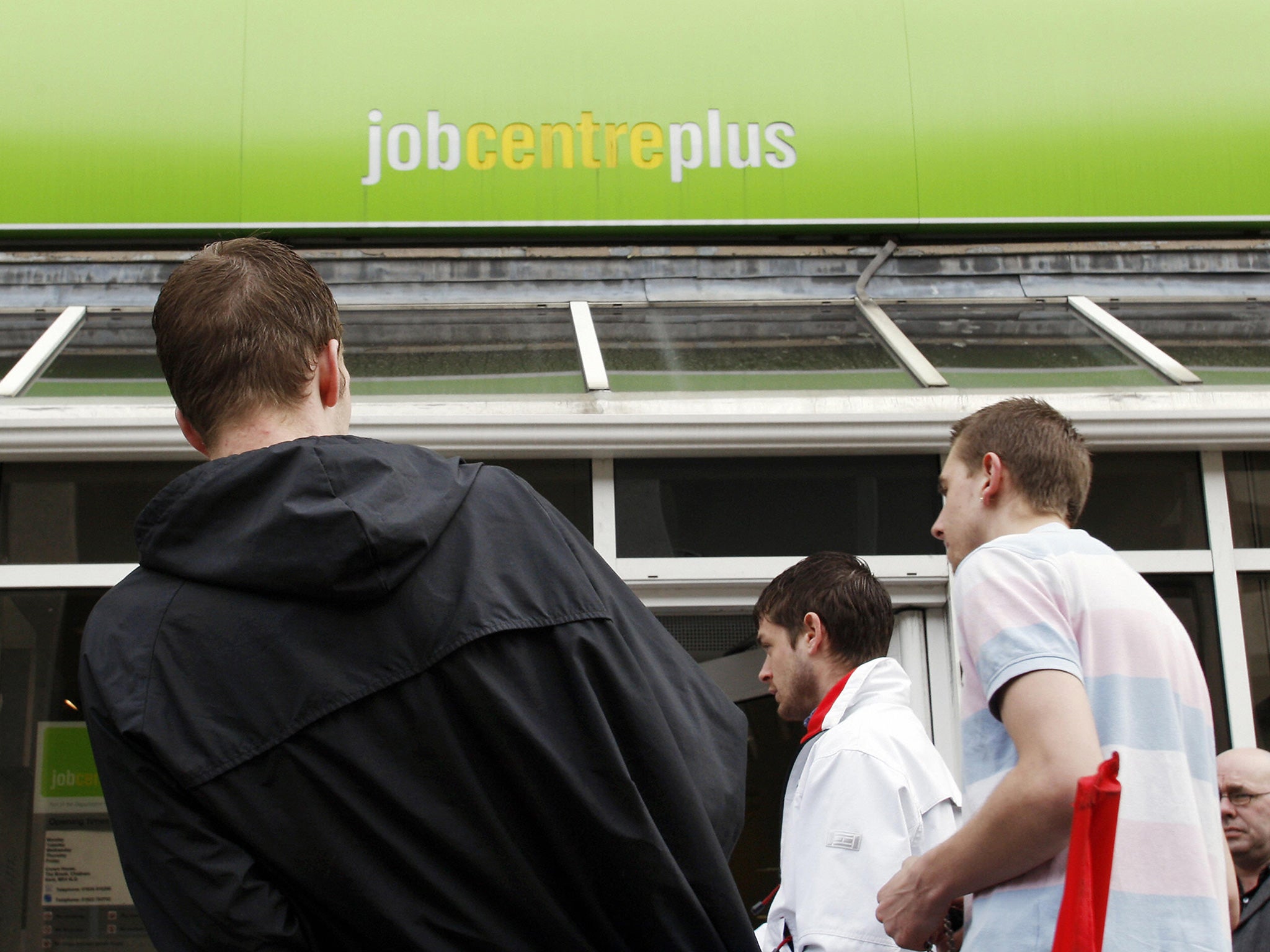UK unemployment rate falls to its lowest level since 2005 despite Brexit fears
The unemployment rate dropped to 5 per cent in the three months to April

Unemployment in the UK has fallen to its lowest level in eleven years despite fears that uncertainty prior to the EU referendum might affect the labour market.
The unemployment rate dropped to 5 per cent in the three months to April, the lowest reading since 2005, according to the Office for National Statistics (ONS).
The fall came as a surprise to economists who had anticipated that the jobless rate would hold steady or increase slightly in the run-up to the referendum.
The number of people in work rose by 55,000 in the three-month period to a record 31.6 million although employment growth was slower than last year.
Employee’s earnings rose by 2.3 per cent compared with last year, excluding bonuses.
The ONS said that 23.1 million people were working full-time, which is 304,000 more than a year earlier. The number of part-time workers rose 157,000 to 8.5 million.
“The uncertainty affecting the stock market is not apparent in the latest unemployment numbers, with British firms maintaining employment growth and continuing to shift staff from part-time to full-time work until April,” said Michael Martins, economist at the Institute of Directors.
“Companies are hoarding labour in the same way that they did in the aftermath of the financial crisis. Rather than lay off valuable staff unnecessarily, they seem to be trying to keep calm until we get the result of the referendum on the 24th,” he added.
“Today's [June 15] data will go some way to allay fears that businesses have been delaying decisions about hiring and investment until after the EU vote. Sterling strengthened after the data was released, though any gains may be tempered by continued fears the UK could vote to leave the EU next week,” said Bren Brettel, senior economist at Hargreaves Lansdown.
John Hawksworth, chief economist at PwC, also said job creation has continued despite the introduction of the national living wage in April.
George Osborne, campaigning for the UK to remain in Europe, seized on the data.
“At 5 per cent, unemployment at its lowest rate for eleven years — let’s not put that at risk by irreversible decision to quit EU,” he tweeted.
The Treasury has previously warned that a vote for the UK to leave the European Union would lead to two quarters of negative growth – would last for a year and leave the level of UK GDP 3.6 per cent lower in two years’ time.
Unemployment would be 520,000 higher, wages 2.8 per cent lower and house prices 10 per cent down, the Treasury found.
The Leave campaign dismissed the warnings as scaremongering.
The EU referendum debate has so far been characterised by bias, distortion and exaggeration. So until 23 June we we’re running a series of question and answer features that explain the most important issues in a detailed, dispassionate way to help inform your decision.
What is Brexit and why are we having an EU referendum?
Will we gain or lose rights by leaving the European Union?
What will happen to immigration if there's Brexit?
Will Brexit make the UK more or less safe?
Will the UK benefit from being released from EU laws?
Will leaving the EU save taxpayers money and mean more money for the NHS?
What will Brexit do to UK trade?
How Brexit will affect British tourism
What will Brexit mean for British tourists booking holidays in the EU?
Will Brexit help or damage the environment?
Join our commenting forum
Join thought-provoking conversations, follow other Independent readers and see their replies
Comments